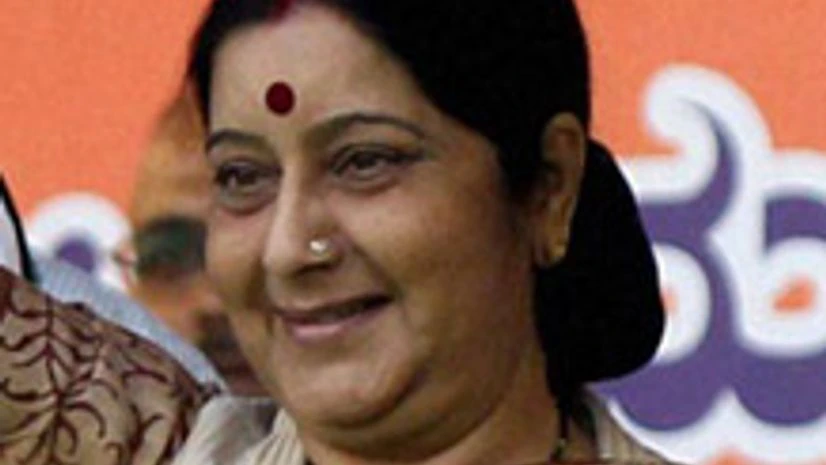The recent visit by External Affairs Minister Sushma Swaraj to Bangladesh has injected a fresh lease of life to strategic ties between the two countries, although the Teesta water sharing pact and the land boundary agreement did not materialise.
India, however, agreed to relax its visa regime, allowing Bangladeshi citizens in the 13-65 age-group five-year multiple entry visas, especially for those who intend to come here on education and medical purposes. They would be granted a stay allowance for a maximum of 90 days, officials told Business Standard.
Swaraj not only established a relationship with the Bangladesh government, but she also met opposition leaders like the Leader of the Opposition Raushan Ershad and chairperson of Bangladesh Nationalist Party (BNP) Khaleda Zia.
More From This Section
"We are building internal consensus on Teesta water sharing. The Constitution Amendment Bill to enable the ratification of the land boundary agreement is in the Rajya Sabha and political consultations are under way with regard to its passage," Swaraj said in an interview to Bangladesh national daily Prothom Alo.
According to Omprakash Mishra, professor in the department of international relations at Kolkata's Jadavpur University, "We should seize the opportunity and help them economically and not remain imprisoned to domestic compulsions."
During her visit Swaraj met President Abdul Hamid, Prime Minister Sheikh Hasina, and held delegation-level talks with her counterpart, A H Mahmud Ali.
India is working on granting Bangladesh a $1 billion credit line, the largest ever given to any country, for 15 projects. Standard operating procedures have been signed to facilitate road and rail traffic between Nepal, Bhutan and Bangladesh. Grid connectivity has been established for 500Mw of power across the border. Besides, India is planning to take other such power and energy initiatives.

)
